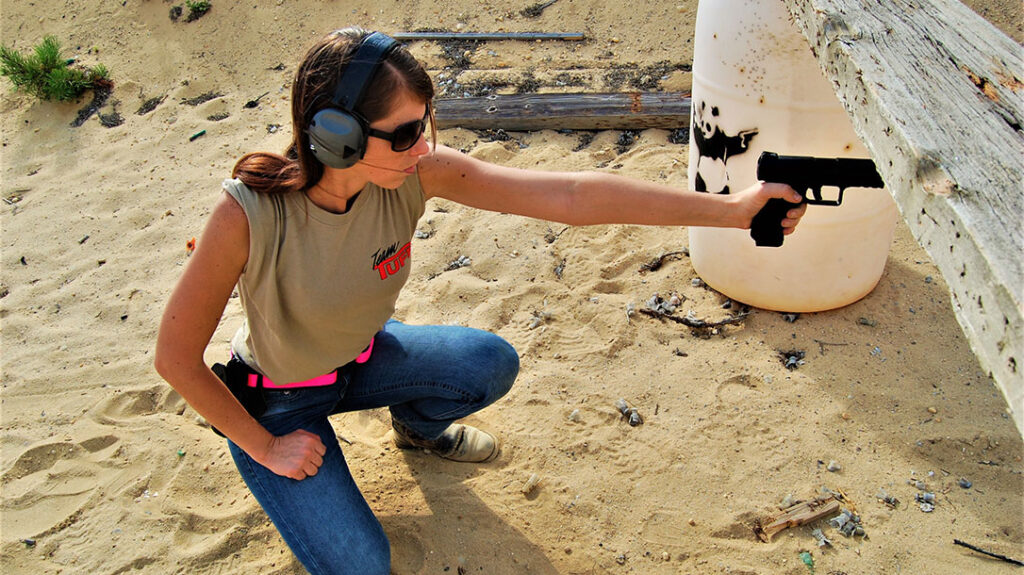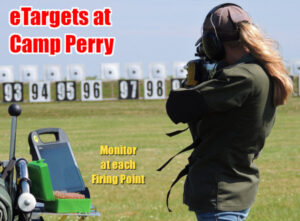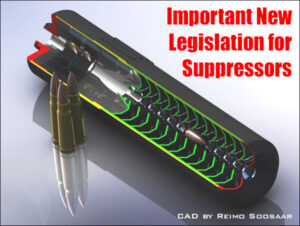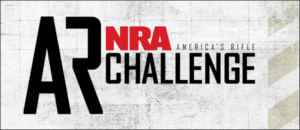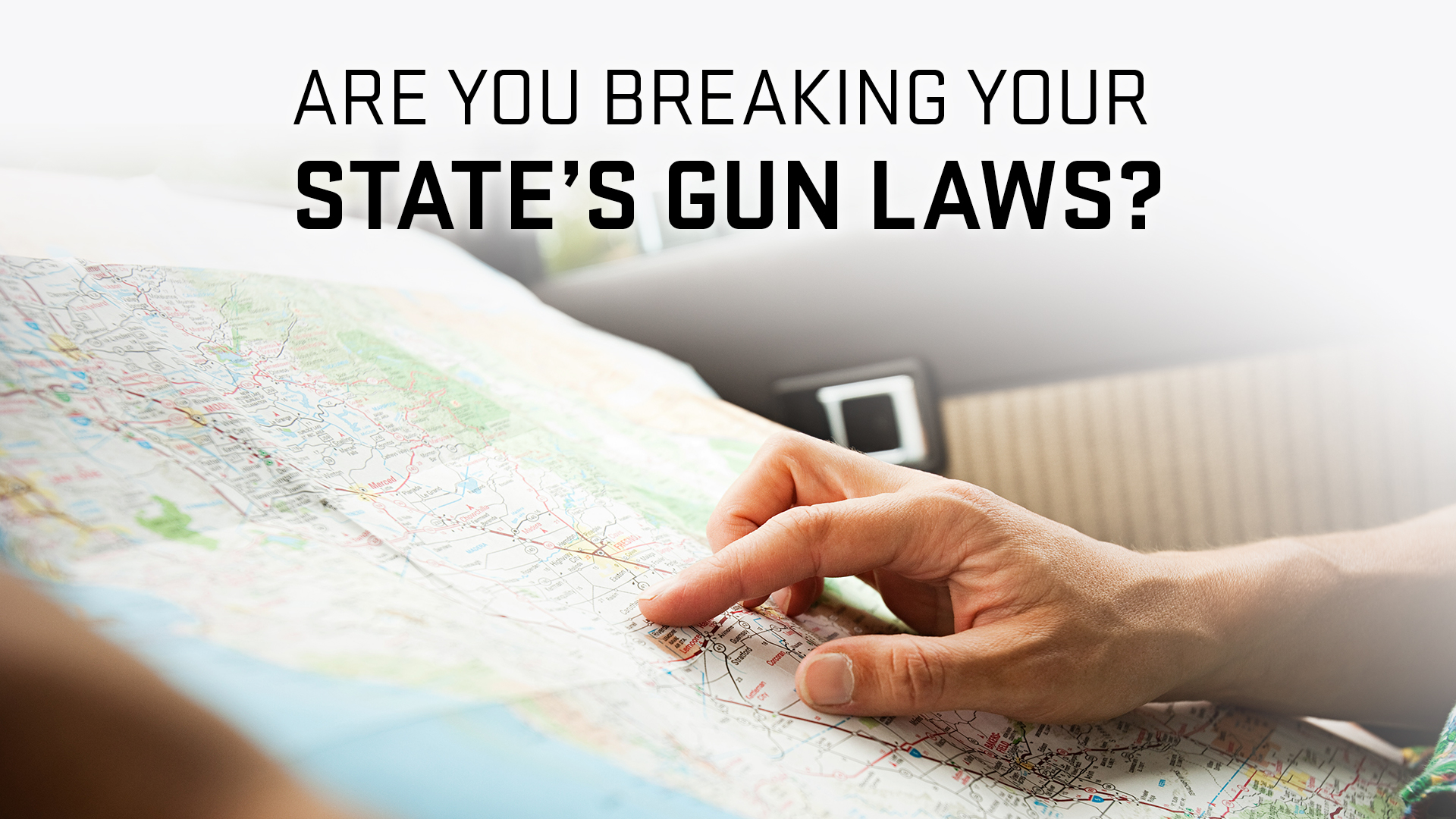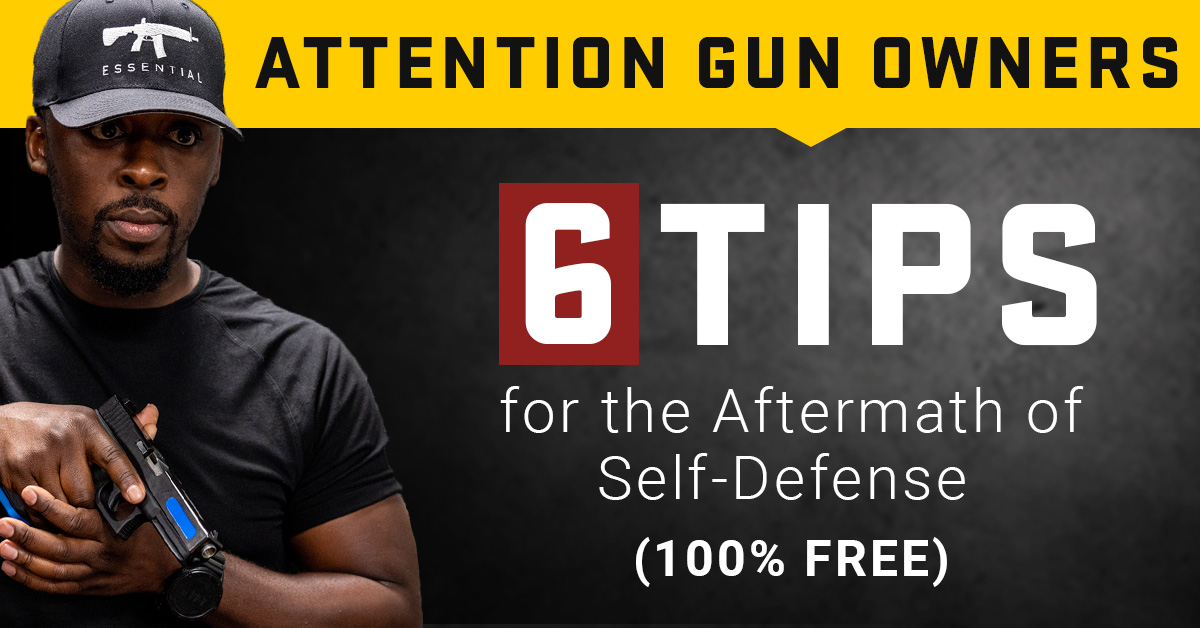You would never think of defending yourself with a firearm. It is important to be prepared for it. Many factors have a greater impact on our performance than the basic principles of marksmanship. Defensive handgun training should be an integral part of your training program.
Defensive handgun training prepares the mind and body
Knowing the effects of stress on your mind and body is key to survival. You will want to think about your mindset.
How do you react when faced with a life-or death situation? Do you feel fearful? Do you feel the vulnerability of your own mortality and the need for defense?
Courage is not the absence or absence of fear, but the will to conquer it. The question is, how can we train our bodies and minds to cope with such a situation?
Point Shooting for Sudden Defensive Scenarios
When you are taking part in defensive training, bullseye-style shooting is out of the question. Don’t worry about aiming every shot correctly or landing it in the x-ring. Don’t forget about the proper firearm mount or stance.
The threat you have identified is your main focus now, rather than the front sight as you were used to in traditional target practice. You will often hear the term “point shooting” in defensive-style training.
Point shooting is essentially pointing your thumbs (with handguns) or your pointer finger on the support hand (with long guns) to orient the firearm towards the target.
Both eyes must always be open. You risk losing your peripheral vision and a danger from the side unseen. Your body should be pointed towards the target with your feet shoulder-width apart, and your shoulders slightly forward.
You should not push or bump yourself too much.
Training the body for defensive shooting pressure
Are you a person who has ever been in a hurry and struggled to complete a simple task? Imagine the difficulty multiplied tenfold.
Your body will react in interesting ways when your heart rate is high and adrenaline is pumping through your veins. Fine motor skills go out the window, making it difficult to push a bolt release, magazine release, or slide lock.
When it comes to dealing with these difficulties, gross motor movements are the best. You might find yourself reaching for the bolt release on your AR with your palm, or throwing the magazine out of your hand during a rushed reload.
Are you having a problem? If you don’t train under pressure, it can be difficult to keep your eyes on the threat and perform the tap/rack/bang sequence.
Have you ever felt so nervous that your palms started to sweat? Imagine you are handling your firearm while it is still damp and slick. What will you do if your strong hand is injured? How often do your weak hands practice shooting with your weak hand? ?
It doesn’t matter what style you shoot, it’s important to keep both eyes open. This is especially important in a defensive situation to preserve as much of your field-of-view as possible.
An adrenaline crash can cause tunnel vision. This makes it difficult to see the danger in your peripheral. It is important to keep your eyes open and to assess the surrounding environment throughout the encounter.
It can make the difference between getting home alive and being in a body bag.
The Mind is trained to deal with defensive shooting
Knowing some of the things your body can experience is great. How can you prepare your mind to deal with the stress of being in a stressful situation?
It is a great way to prepare. This is where having a friend along to the range can be very helpful. You can train under the pressure of a shot-timer and compete with your friend to be the fastest recorded time on a drill that you create.
You can do timed drills from a variety of positions, including sitting in a chair, on a bench or on the ground. You can increase your heart rate by running a predetermined distance. Then, see how long it takes to fill a magazine, load the gun, and complete an Mozambique drill on your target.
When your chest is pounding, and your breathing is heavy, even the simplest actions can be made difficult.
You should think about all the possible scenarios that could arise as you go about your day. Train accordingly. Although it is not an easy task, it will be something you will regret if you need to use skills you don’t have.
After all is said and done, you will get out of your defensive pistol training what you put in. These skills are not permanent so you should practice them regularly.
Push yourself to the limit and strive to be the best you can. You will be able to rely on your skills and build a solid foundation.
Continue Reading
Are you still having trouble finding what you were looking?
Search
Personal Defense World published the article The Importance of Defensive Handgun Training.
